Best Book History of Modern India (New Edition) by Bipan Chandra
Original price was: ₹495.00.₹420.00Current price is: ₹420.00.
Best Book History of Modern India (New Edition) by Bipan Chandra
Out of stock
Description
Causes of the Decline of the Mughal Empire
Decay of the Mughal Empire • Hyderabad and the Carnatic • Bengal • Awadh • Mysore • Kerala • Areas around Delhi • Bangash Pathans and Rohelas • The Sikhs • The Rise and Fall of the Maratha Power • Social and Economic Conditions of the People • Education • Social and Cultural Life
A New Phase in Europe’s Eastern Trade • The Growth of the East India Company’s Trade and Influence, 1600–1714 • The Anglo-French Struggle in South India • British Occupation of Bengal • Dual System of Administration of Bengal • Wars Under Warren Hastings (1772–85) and Cornwallis (1786–93) • Expansion under Lord Wellesley (1798–1805) • Expansion under Lord Hastings (1813–22) • The Consolidation of British Power (1818–57)4. The Structure of Government and the Economic Policies of the British Empire in India, 1757–1857
The Structure of Government • British Economic Policies in India (1757–1857) • Land Revenue Policy5. Administrative Organisation and Social and Cultural Policy
Civil Services • Army • Police • Judicial Organisation • The Rule of Law • Equality before Law • Social and Cultural Policy • Humanitarian Measures • Spread of Modern Education6. Social and Cultural Awakening in the First Half of the Nineteenth Century
Rammohun Roy • Derozio and Young Bengal • Debendranath Tagore and Ishwar Chandra Vidyasagar • Pioneers of Reform in Western India
7. The Revolt of 1857
General Causes • The Immediate Cause • The Beginning and Course of the Revolt • The Weaknesses of the Revolt and its Suppression
8. Administrative Changes after 1858
Administration • Changes in the Army • Public Services • Relations with the Princely States • Administrative Policies • Racial Antagonism • Foreign Policy
9. The Economic Impact of British Rule
Disruption of the Traditional Economy • Ruin of Old Zamindars and Rise of New Landlordism • Stagnation and Deterioration of Agriculture • Poverty and Famines
10. The Nationalist Movement: 1858–1905
Consequence of Foreign Domination • Administrative and Economic Unification of the Country • Racial Arrogance of the Rulers • Predecessors of the Indian National Congress • The Programme and Activities of the Early Nationalists • Economic Critique of Imperialism • Constitutional Reforms • Administrative and Other Reforms • Role of the Masses • Attitude of the Government • Evaluation of the Early National Movement
11. Religious and Social Reform after 1858
Religious Reform • Religious Reform in Maharashtra • Ramakrishna and Vivekananda • Swami Dayanand and the Arya Samaj • The Theosophical Society • Sayyid Ahmad Khan and the Aligarh School • Muhammad Iqbal • Religious Reform among the Parsis • Religious Reform among the Sikhs • Emancipation of Women • Struggle Against Caste
12. The Nationalist Movement: 1905–18
Recognition of the True Nature of British Rule • Growth of Self-Respect and Self-Confidence • Growth of Education and Unemployment • International Influences • Existence of an Aggressive Nationalist School of Thought • A Trained Leadership • The Anti-Partition Movement • The Swadeshi and Boycott • The Role of Students, Women, Muslims and the Masses • All-India Aspect of the Movement • Growth of the Revolutionary Struggle • Growth of Revolutionary Nationalism • The Home Rule Leagues • Lucknow Session of the Congress (1916)
13. The Struggle for Swaraj: 1919–27
The Montagu-Chelmsford Reforms • The Rowlatt Act • Gandhiji and His Ideas • Champaran Satyagraha (1917) • Ahmedabad Mill Strike • Satyagraha against the Rowlatt Act • Jallianwala Bagh Massacre
14. The Struggle for Swaraj: 1927–47
Emergence of New Forces • Boycott of the Simon Commission • Poorna Swaraj • Nationalist Politics 1935–39 • The Peasants’ and Workers’ Movements • Congress and World Affairs • People’s Struggle in the Princely States • Growth of Communalism • Post-War Struggle
Books for Further Reading
Index
Authors: Bipan Chandra
Language: English
ISBN: 9789390122554
Pages: 360
Format: Paperback
Dimensions: 130 x 190 mm
Year of Publishing: 2020
Imprint: Orient BlackSwan
Additional information
| Weight | 0.350 g |
|---|---|
| Dimensions | 22 × 14 × 2 cm |
Only logged in customers who have purchased this product may leave a review.
You may also like…
- -30%
- Best Publishers, Books, English Improvement Exams, KD Publication, UPSC Exam
KD ENGLISH FOR GENERAL COMPETITIONS VOL- 1 2023 REVISED EDITION (ENGLISH)
- Original price was: ₹575.00.₹400.00Current price is: ₹400.00.
- Add to cart
- -40%
- Gyan Vani Prakashan Pvt Ltd, M.K. Gandhi, Novel
Satya Ke Prayog Meri Atmakatha (Hindi) By M.K. Gandhi
- Original price was: ₹250.00.₹150.00Current price is: ₹150.00.
- Add to cart
- -40%
- Gyan Vani Prakashan Pvt Ltd, M.K. Gandhi, Novel
An Autobiography The Story Of My Experiments With Truth By M.K. Gandhi
- Original price was: ₹250.00.₹150.00Current price is: ₹150.00.
- Add to cart

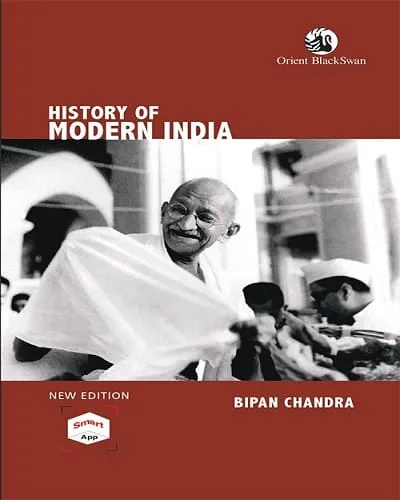
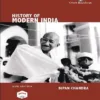
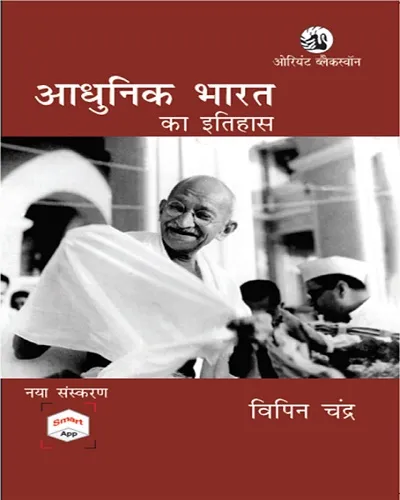
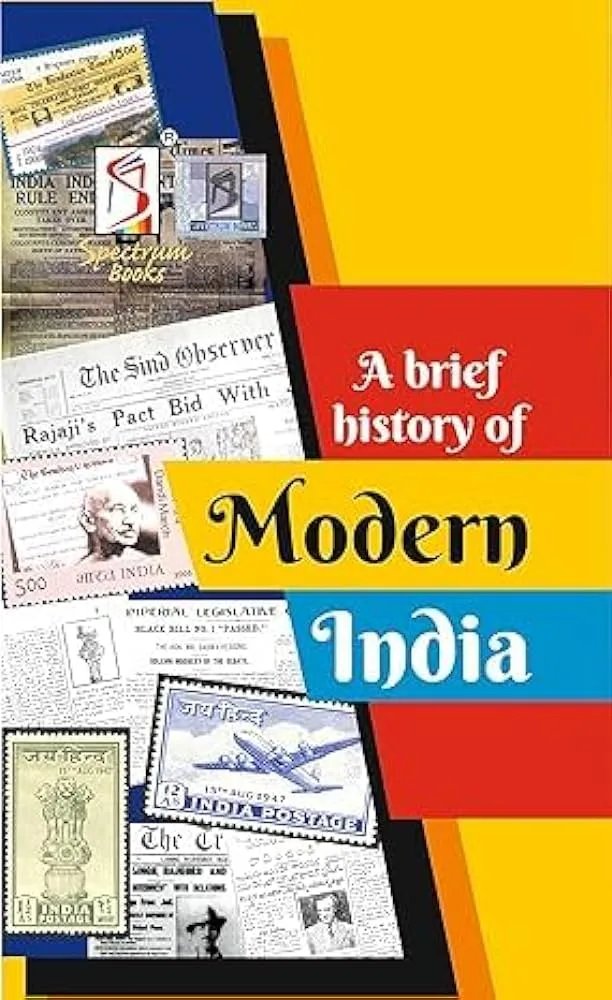

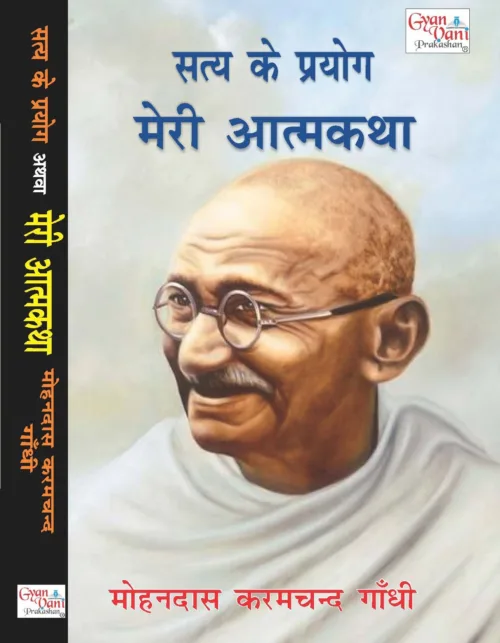
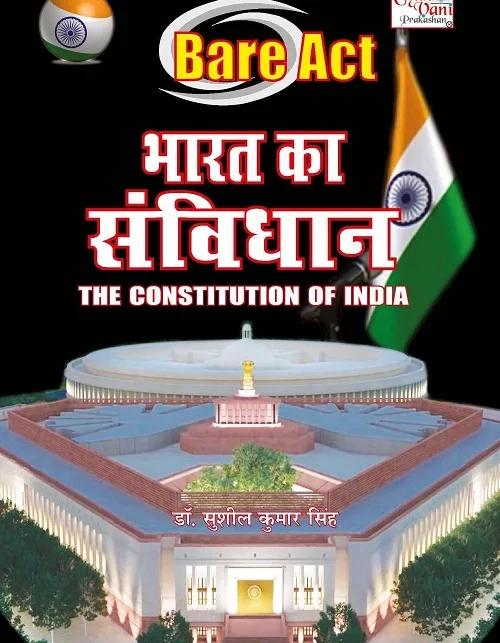
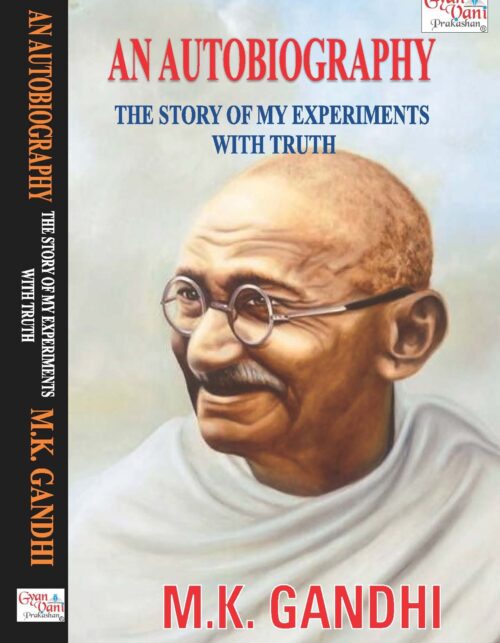
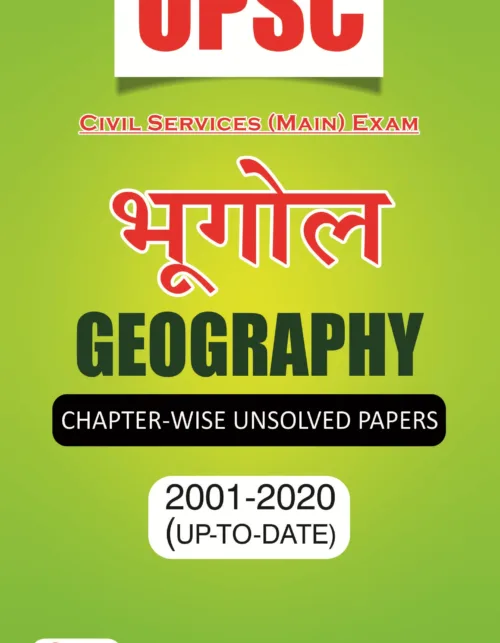
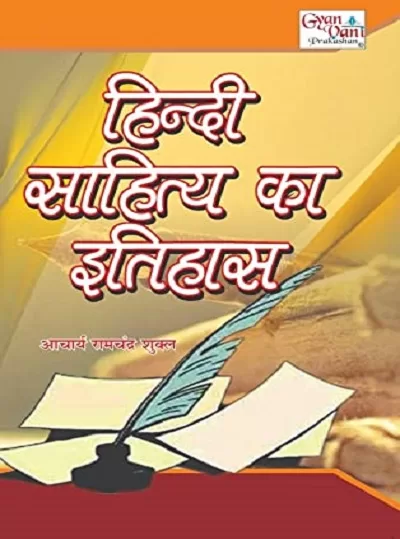

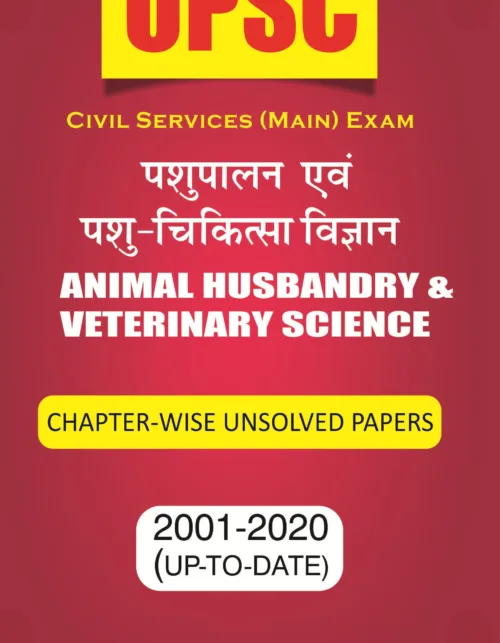
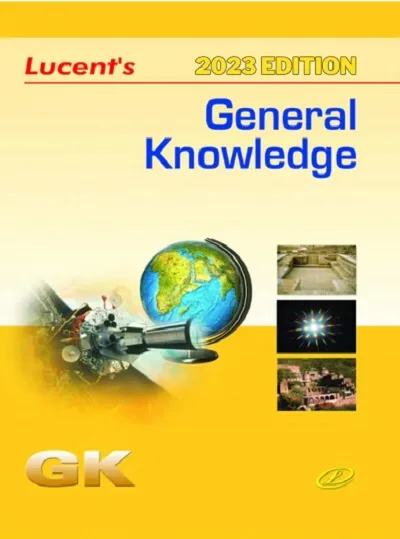
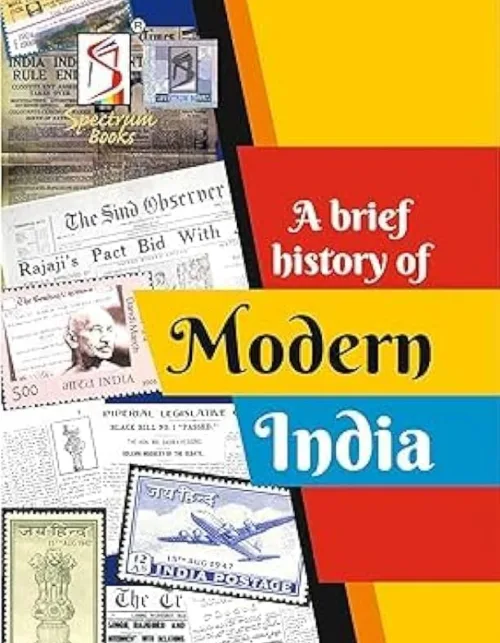
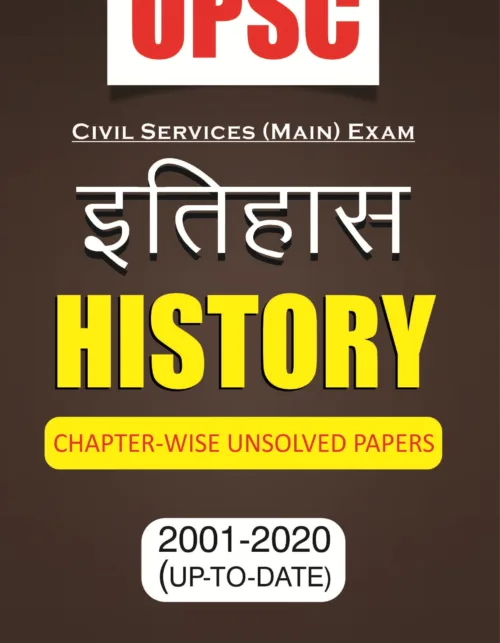
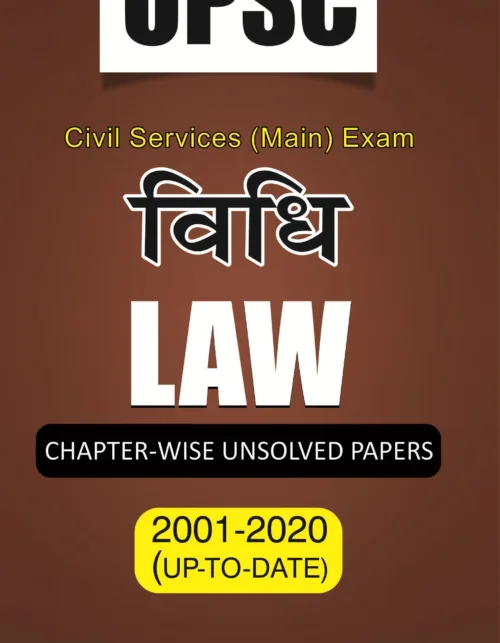
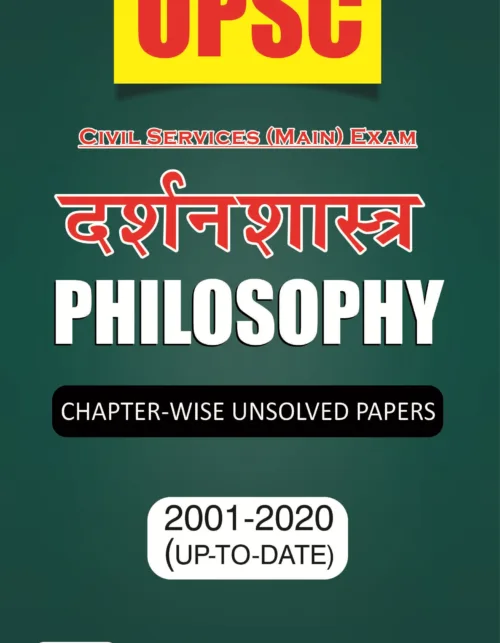
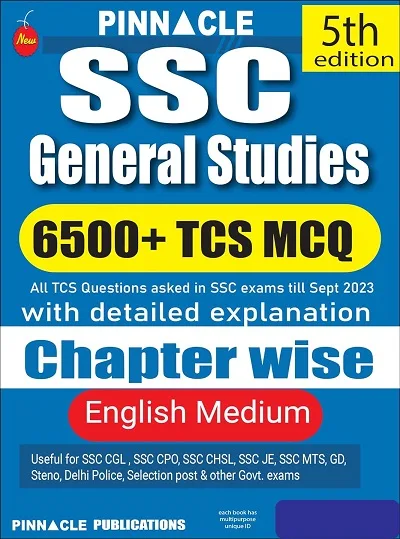
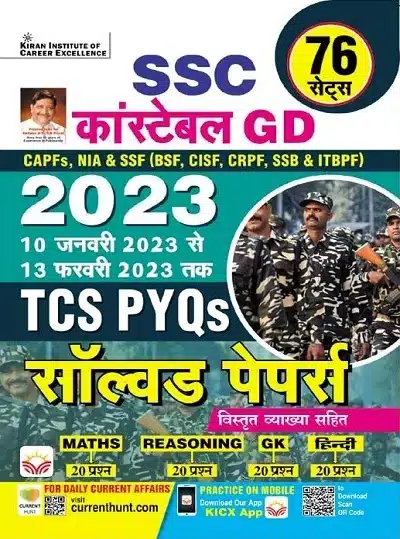
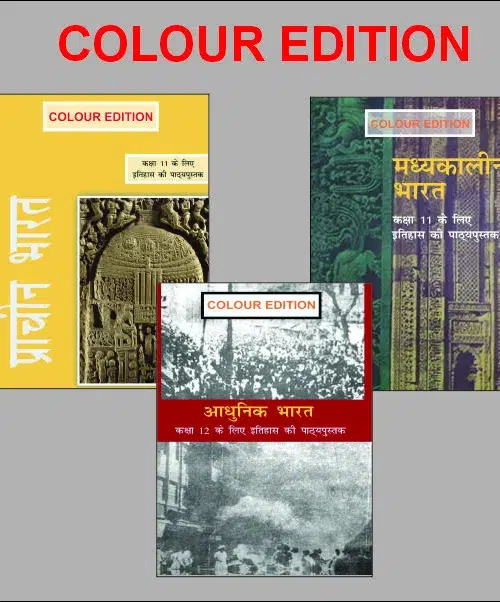
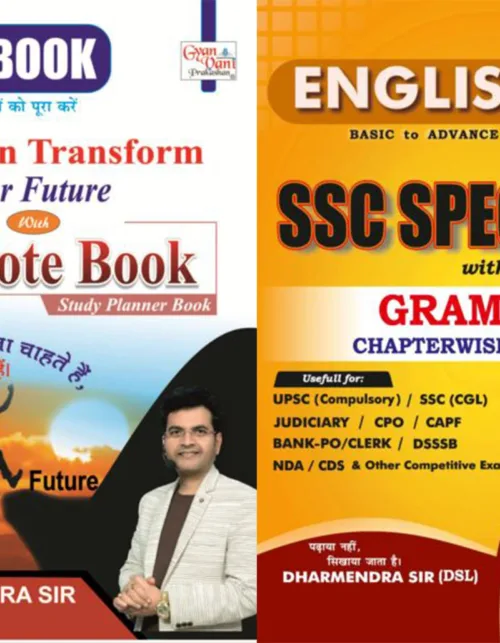
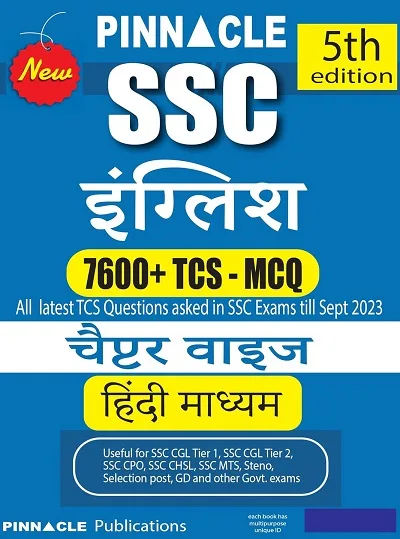
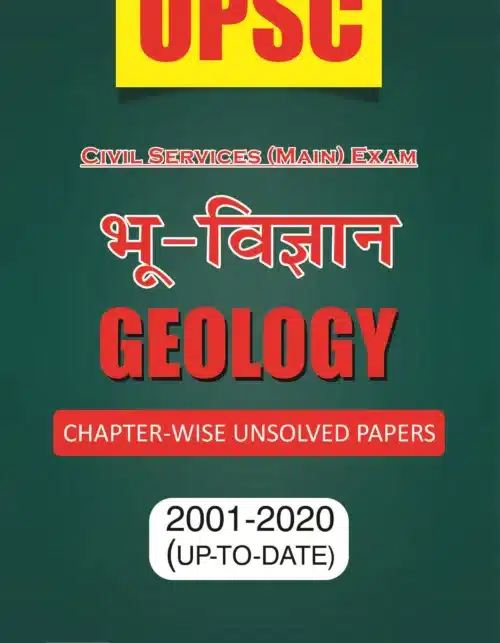
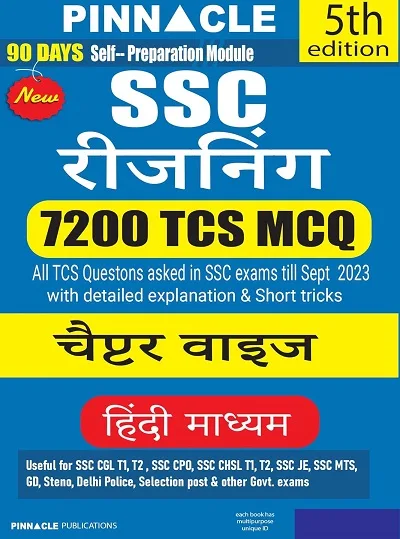
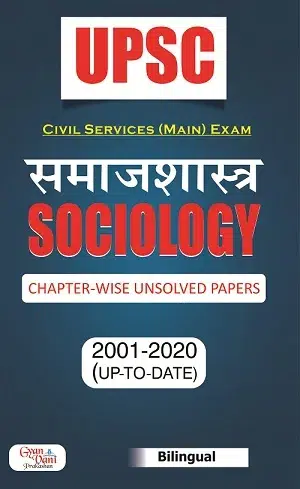
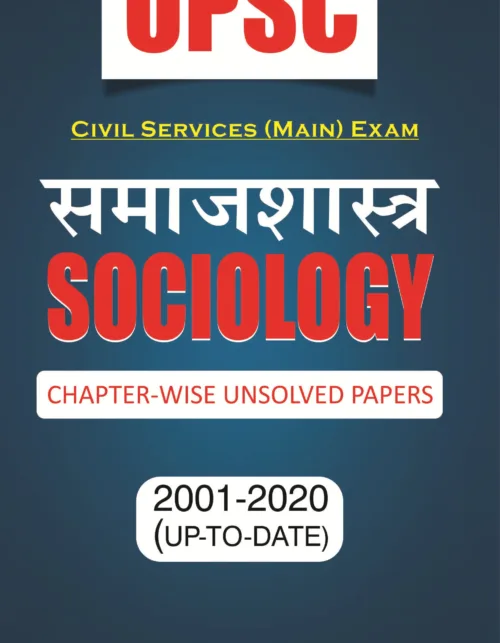
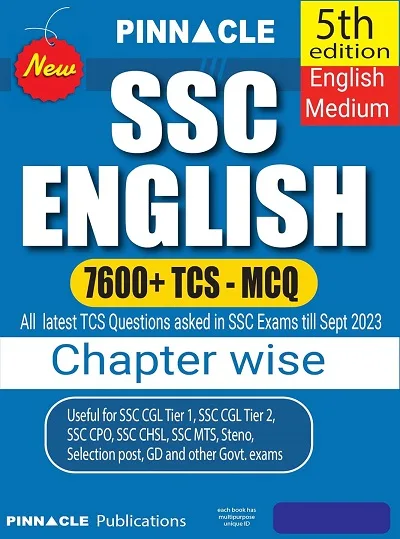
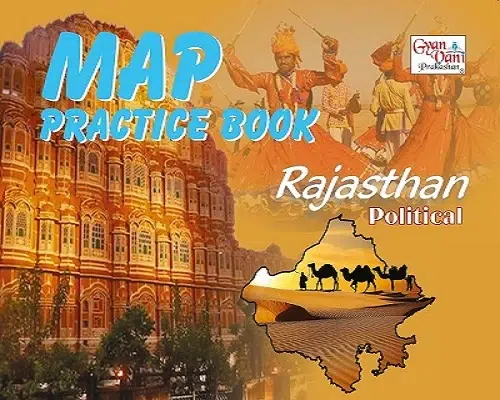
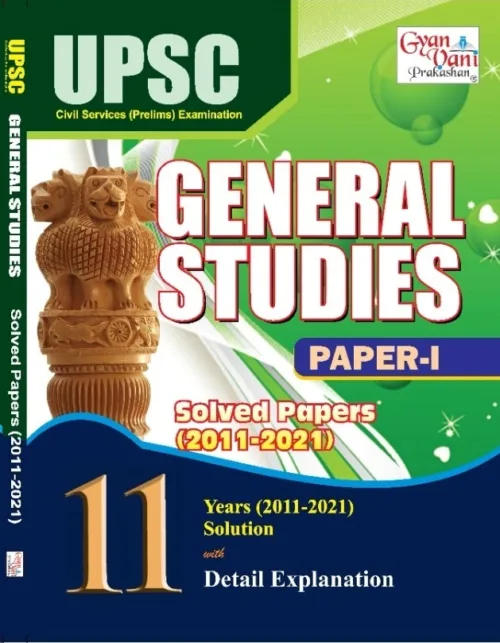
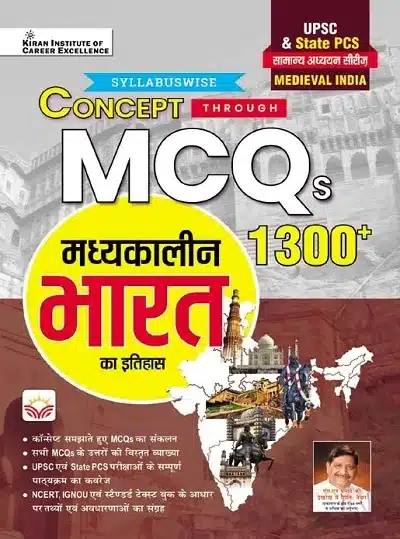
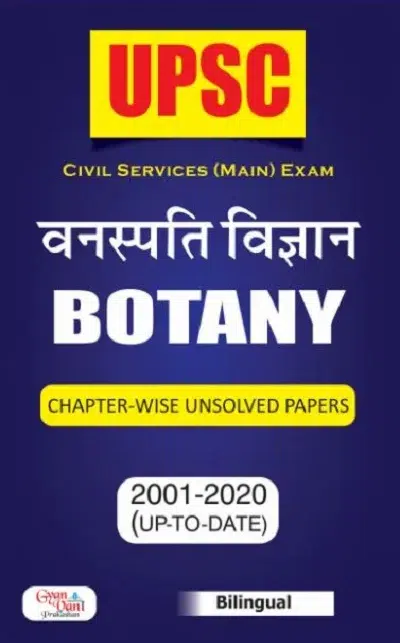
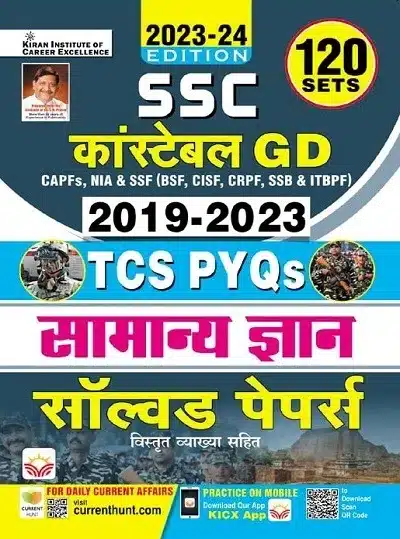

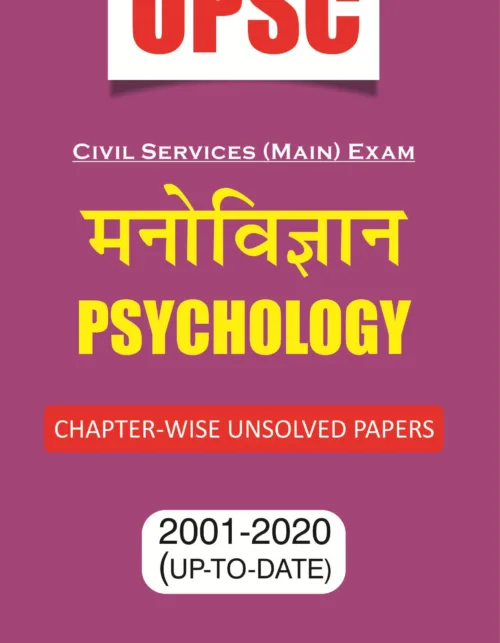
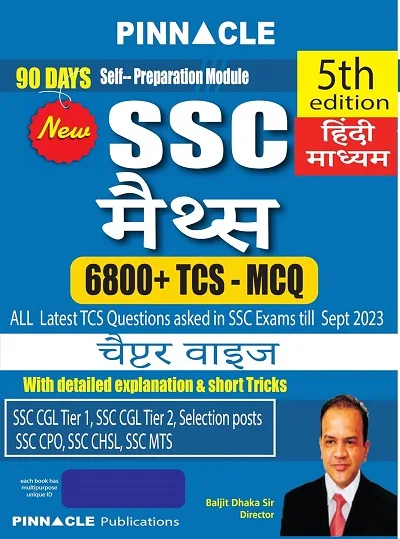
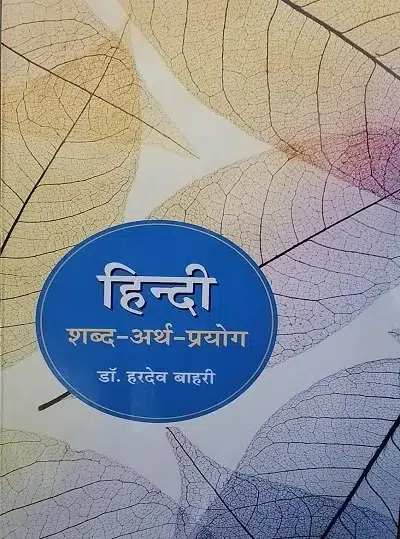
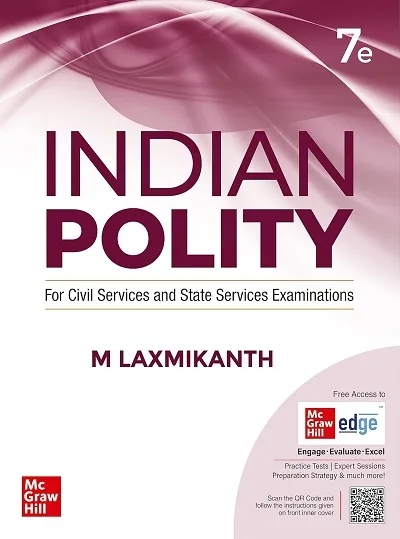
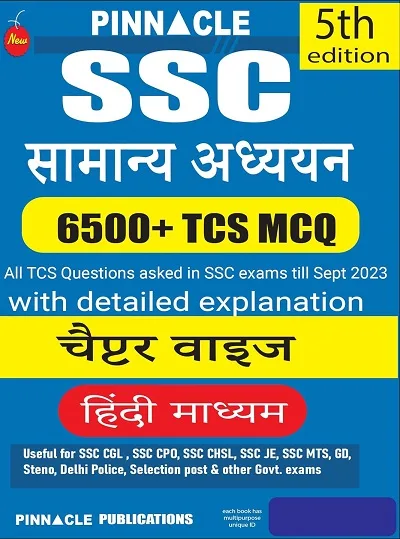
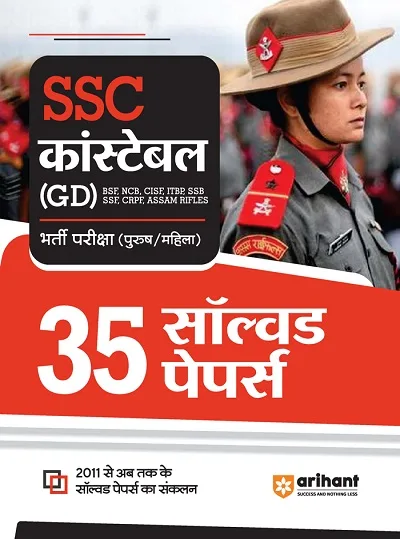
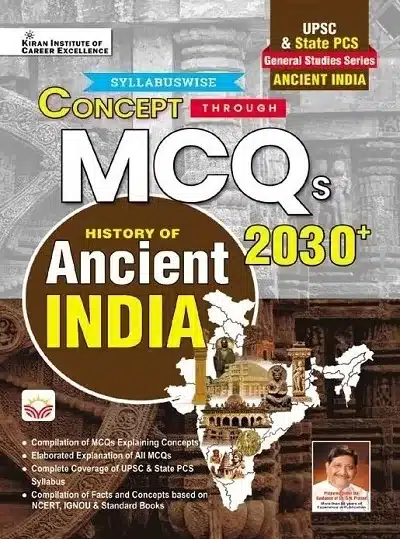
Reviews
There are no reviews yet.